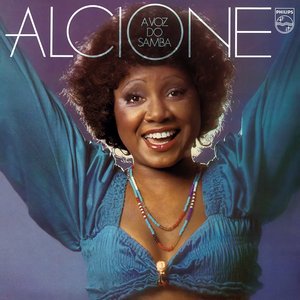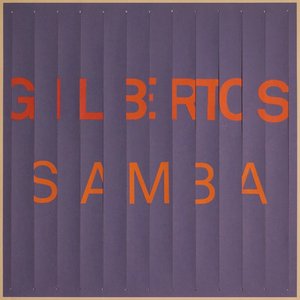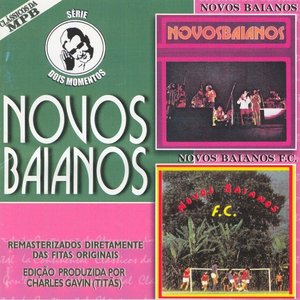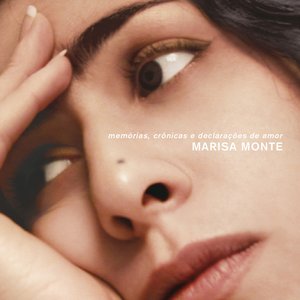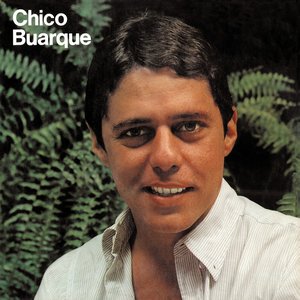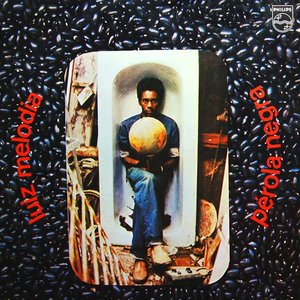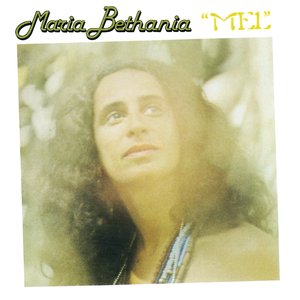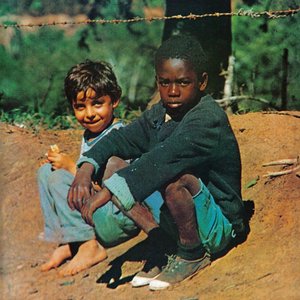Wiki
-
Release Date
1 January 1969
-
Length
12 tracks
Gal Costa is the debut studio album by Brazilian singer Gal Costa, released in March 1969. First solo album by the Bahian singer and recorded in 1968, the album was "held" by Philips after Caetano and Gil's arrest by the repressive apparatus of the military dictatorship that ruled Brazil at the time, and was only released in the early 1969, being considered the record that closed Tropicália. The singer had already participated in two previous collective releases: Domingo, in the company of Caetano Veloso, and Tropicalia ou Panis et Circencis, a landmark of the Tropicalista movement. Different from the bossa-nova style that was seen at the beginning of the interpreter's career, Gal Costa presents a more modern singer.
Despite the influence of their style in Domingo, Gal - who had a turnaround in his public image when performing at Record's MPB Festival in '68 - sought other references, ranging from James Brown and Janis Joplin to Jorge Ben , Erasmo Carlos and Roberto Carlos . The highlights of this work were the tracks "Não Identificado" ( Caetano Veloso ) and "Que Pena (Ele Já Não Gosta Mais de Mim)" (Jorge Ben), which remained on the Brazilian hit charts for more than three months. In Jorge Ben's composition, Gal shares the vocals with his friend Caetano. With Gilberto Gil , the singer makes a duet in "Sebastiana". Another highlight of this LP is the song "Divino Maravilhoso" (Caetano and Gil), which she sang at the Record Festival. Success on the album Tropicalia ou Panis et Circencis and considered a milestone in Gal's career, the song "Baby" (Caetano Veloso) is also present on this album.
It was well received by music critics at the time, and the LP was elected in a list of the Brazilian version of Rolling Stone magazine as the 80th best Brazilian record of all time in 2007, indicating that, from that record, Gal "became the most important female figure in tropicália". Allmusic's Fred Thomas says Gal's influences resulted in a record "instantly miles away from everything that came before it".
Album descriptions on Last.fm are editable by everyone. Feel free to contribute!
All user-contributed text on this page is available under the Creative Commons Attribution-ShareAlike License; additional terms may apply.

